
Is the future of retailing going dark?
Dark stores are a cost-effective way to shorten delivery times on online orders and give retailers the ability to make more strategic inventory choices by location.

Dark stores are a cost-effective way to shorten delivery times on online orders and give retailers the ability to make more strategic inventory choices by location.

In our June webinar, our retail advisors discussed what retailers can do now to manage the growing ecommerce side of their business and how to prepare for the future.

Now that the new phase of COVID-19 is starting with stores reopening and customer demand sifting retailers need to start thinking their markdown strategies.

During the coronavirus crisis many businesses saw an increase in online ordering. This trend won't go away once the crisis has passed - people are discovering the convenience of online ordering.

While retailers may have temporarily shifted to focus on managing online sales, it’s time to get ready for the fresh opportunities that returning foot traffic will bring.

If your brick-and-mortar stores are currently closed due to coronavirus restrictions, markdown should be an integral part of your strategy to return to profitability.
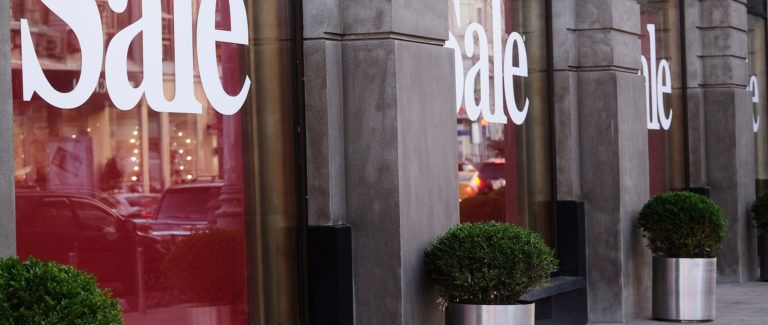
Learnings from the past crises are applied to help retailers facing store closures and demand decreases plan for the future after the pandemic.

The COVID-19 crisis has made clear that retailers, almost without exception, must make supply chain improvement an urgent priority going forward.

Long-term implications of COVID-19 in ecommerce: Increased online sales, new partnerships and improved online fulfilment capabilities.

Our Italian country director shares his insights on how Italian customers faced the Coronavirus crisis and how RELEX helped them along the way.

While a sudden growth in online sales presents an opportunity to recoup lost in-store sales, it also poses a significant operational and logistical challenge.

RELEX’s best practices for managing demand for essential and nonessential items within a single environment during these unusual demand patterns.
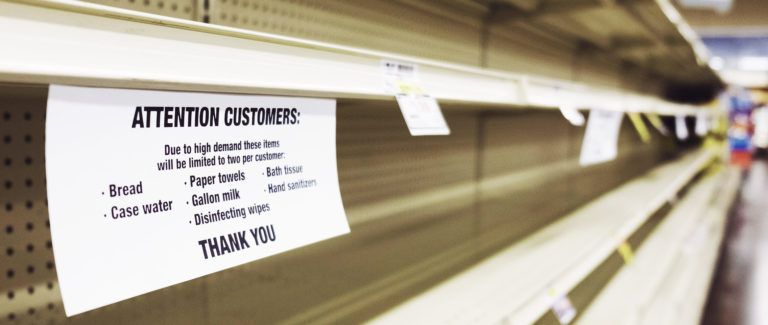
Winsight Grocery Buisness interviewed our co-founder Michael about how a lean supply chain can recover from sudden demand increases.

Retailers must maintain transparent, proactive relationships with their suppliers if they hope to maintain availability during coronavirus demand increases.
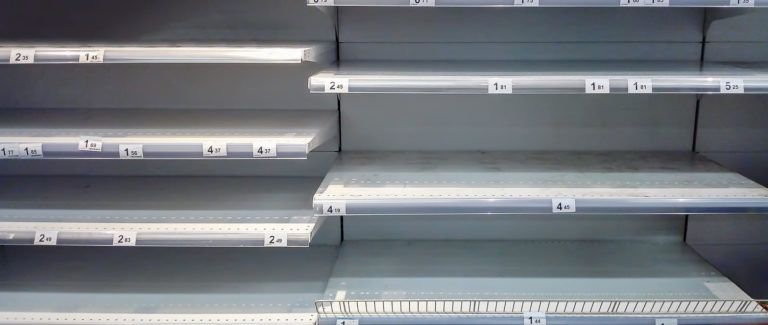
No system, no matter how advanced, can accurately automate calculations when there’s no historical precedent on which to model forecasting.

Fresh items attract customers, yet grocers lose over 1,5 percent of revenue to food waste. Waste reduction is not just about sustainability, but it also contributes to a healthier balance sheet.
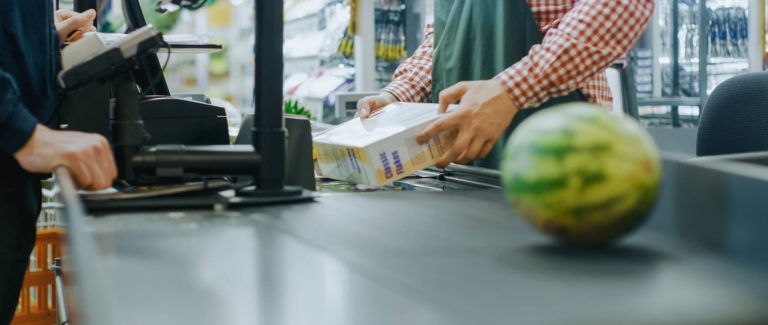
Retail workforce management processes can be improved through forecast-driven optimization solutions that leverage your data.

After the 2019 holiday season, it's time to look what went right and what didn't, and take these learnings for the next season.

We predicted what could be the retail trends for 2020: increased focus on sustainability, AI growing ubiquitous, turbulence in the retail landscape, and more.
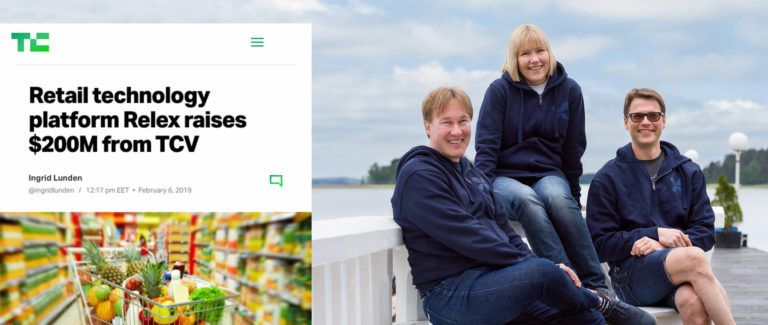
Our Michael reminisces the year 2019 with its unprecedented achievements, fun moments and new additions to our global RELEX family.

RELEX and EnsembleIQ surveyed leading North American grocers to understand how they view today’s competitive grocery market.

Online retailers need to make smart, data-based decisions on what to stock and what not, to manage their large catalogues of items available.

Rather than shifting tasks to customers, AI is put to best use by automating repetitive tasks to free up retail personnel for higher-value and customer-centric work.

Retail is about people: what we need, what we want, and where and how we live. That’s why significant innovations always have and always will mirror demographic trends, such as rapid urbanization.